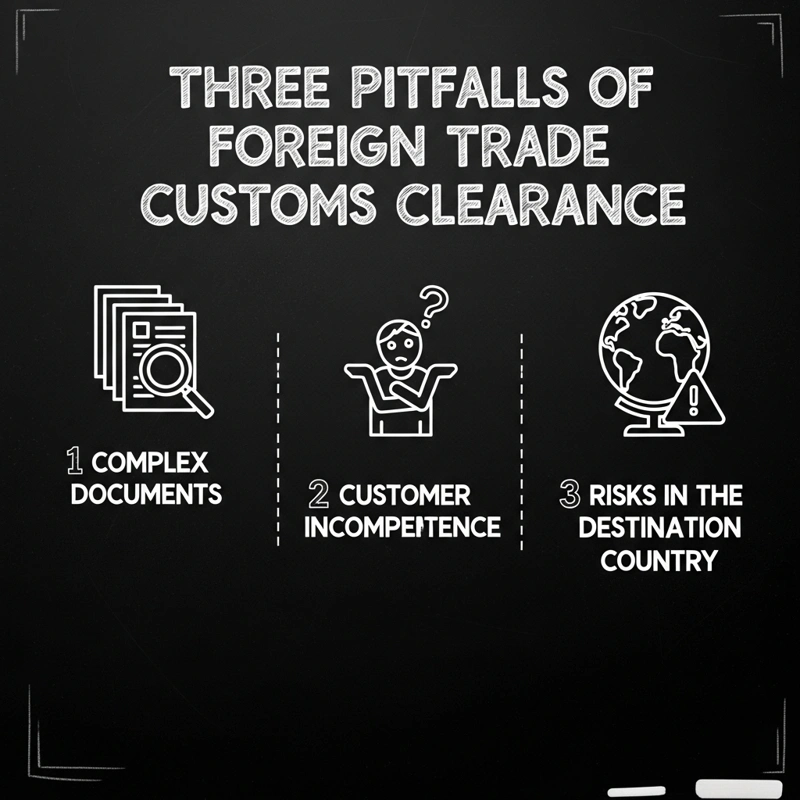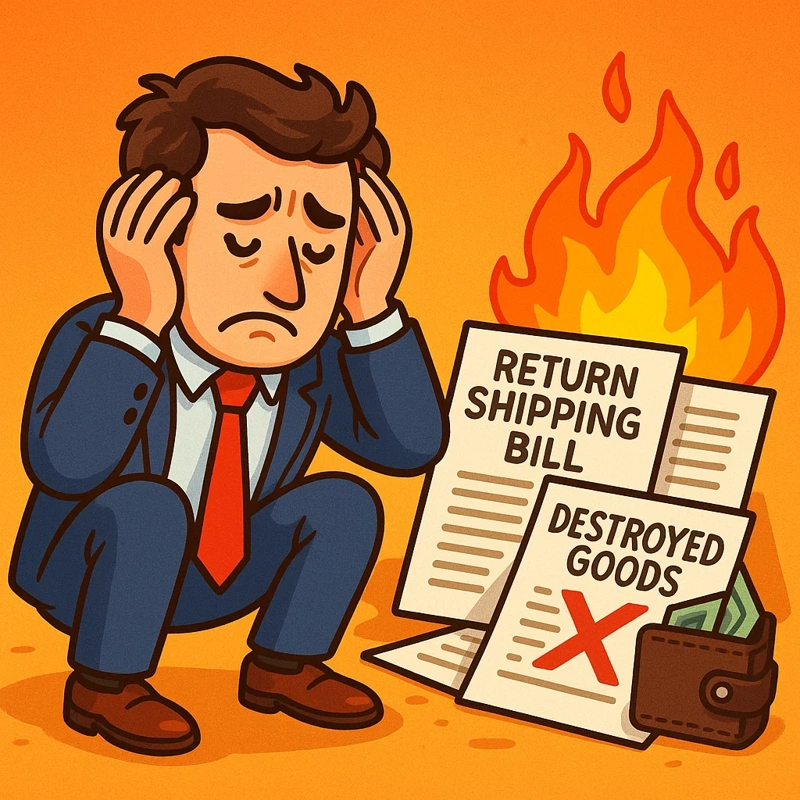In recent months, many exporters and freight forwarders have been voicing frustration: customs clearance is becoming one of the toughest hurdles in international trade. What used to be a relatively predictable process is now fraught with uncertainty, delays, and unexpected costs.

- Rising Clearance Failures
Exporters are increasingly reporting cases where shipments fail to clear customs. Even when documents appear complete, sudden changes in local regulations, stricter inspections, or discrepancies in declared values can result in goods being held at the border. In countries with unstable economies or shifting trade policies, such as Turkey and parts of Africa, clearance risk is even higher.
- The Cost of Returns and Destruction
When goods cannot clear customs, exporters face a painful decision:
- Pay high costs to return the shipment, often higher than the original freight charges.
- Agree to destruction of the cargo, which still comes with disposal fees.
Either way, the financial loss is significant, especially for small and medium-sized businesses already under pressure from shrinking profit margins.

- Payment and Responsibility Risks
A common misconception is that once full payment is collected and the shipment is sent, the seller’s responsibility is over. In reality, if the buyer fails to complete customs clearance or refuses to pick up the goods, the exporter still bears the burden. This includes storage fees at ports, demurrage charges, or even reputational damage if authorities associate the exporter with repeated clearance issues.
- Regional Hotspots of Difficulty
- Turkey: Increasingly strict import controls and foreign exchange restrictions make clearance highly unpredictable.
- Emerging markets: Political unrest, currency volatility, and underdeveloped customs systems lead to frequent bottlenecks.
- Developed markets: Stricter product safety and compliance requirements (FDA, CE, CPSIA, etc.) mean shipments without proper certification face delays or rejections.
- How Exporters Can Adapt
To navigate today’s environment, exporters and logistics providers need to be more proactive:
- Pre-check buyers: Ensure clients have the capability and licenses to clear goods.
- Stay updated on regulations: Constantly monitor changes in customs policies and import restrictions.
- Work with reliable freight forwarders: Professional agents with local expertise can reduce clearance risks.
- Clear contracts: Define responsibilities in sales contracts (Incoterms, customs clearance obligations, and risk transfer points).
Final Thoughts
Customs clearance has always been a checkpoint in global trade, but today it has become a critical risk factor. Exporters must move from a reactive approach to a preventive one—doing due diligence before shipping and choosing strong logistics partners. Otherwise, one failed clearance could turn profitable business into a major financial loss.
